Spotlight on safe havens for corrupt officials
Updated: 2014-11-21 07:38
By Chen Weihua(China Daily USA)
|
||||||||
The United States has been waging wars all over the world trying to deny safe haven to extreme terrorists. But to many Chinese, the US itself has for too long been a safe haven for a large group of bad guys - corrupt Chinese officials on the run.
These corrupt officials, who have embezzled huge sums of public money, have caused harm to the Chinese people like the groups of terrorists, and various surveys show that corruption remains one of the top concerns among the Chinese public.
A report from the central bank, the People's Bank of China, back in 2011 revealed that between 16,000 and 18,000 corrupt Chinese officials and top executives from State-owned enterprises have sought safe haven abroad, taking with them more than 800 billion yuan ($130 billion) in illicitly obtained money.
The US, Canada and Australia were the three top destinations for these crooked officials and SOE executives.
While high standards of living and good schools for their children are a likely reason, many corrupt officials chose these countries largely because they have no extradition treaty with China. Only a few corrupt Chinese officials have so far been deported by these countries, often on a case-by-case basis because of the lack of an extradition treaty. China has inked bilateral extradition treaties with 38 countries, but they are mostly developing nations.
As the current top leadership demonstrates strong resolve to fight corruption, those who have sought or are seeking a safe haven overseas have come under keen scrutiny back in China. On Monday, the Ministry of Public Security announced that 288 Chinese economic fugitives on the run overseas have been snared since "Fox Hunt 2014" was launched in July to hunt down criminals hiding abroad.
The Chinese government has actively sought the cooperation of foreign governments, including the US, in tracking down these fugitives from justice. Chinese officials have also urged the US to negotiate on a bilateral extradition treaty.
Many Chinese have seen hope in the major progress that has been made in internationalizing the issue in the past 10 days. The Beijing Declaration on Fighting Corruption, adopted during the Asia-Pacific Economic Cooperation Economic Leaders' Week in Beijing, reaffirmed the commitment to denying safe haven to those engaged in corruption, including through extradition, mutual legal assistance and the recovery of ill-gotten wealth. It also promises to strengthen information-sharing among APEC members and seek bilateral cooperation to fight corruption through the use of existing international legal instruments, such as the UN Convention Against Corruption.
In Beijing, US Secretary of State John Kerry pledged US support for the adoption of the declaration. He said the US is willing to work with China to carry out law enforcement cooperation in related fields, as long as there is evidence, and the US would not become a haven for corrupt elements.
On Sunday, the G20 leaders in Brisbane, Australia, adopted the 2015/16 anti-corruption action plan, which includes, among other things, international cooperation to hunt down corrupt people who exploit international borders to avoid prosecution.
Most Chinese would like to see the anti-corruption momentum gained under President Xi Jinping be sustained. They also hope the campaign will be reinforced by the latest agreements reached at the APEC and G20 meetings.
It would be a shame for advanced nations to become a notorious safe haven for corrupt officials while touting rule of law and their contempt for corruption. These nations must take strong actions and send a clear message to corrupt Chinese officials already hiding or planning to hide on their soil. They should cooperate more with China under bilateral and international agreements and conventions instead of being stuck with the differences in their legal systems.
For many Chinese, the US, Canada and Australia are clearly in the spotlight. The ball is in their court.
The author, based in Washington, is deputy editor of China Daily USA. chenweihua@chinadailyusa.com
(China Daily USA 11/21/2014 page15)
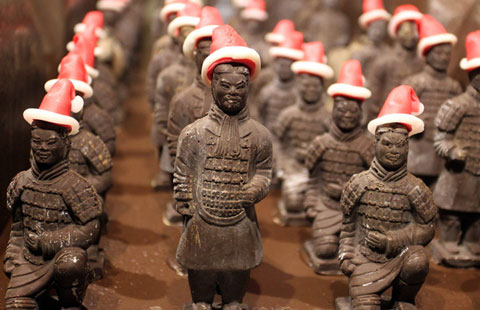
 Chocolate warriors with Christmassy characteristics
Chocolate warriors with Christmassy characteristics
 Trending: Panda beating video triggers outrage
Trending: Panda beating video triggers outrage
 Culture Insider: 7 things you may not know about Minor Snow
Culture Insider: 7 things you may not know about Minor Snow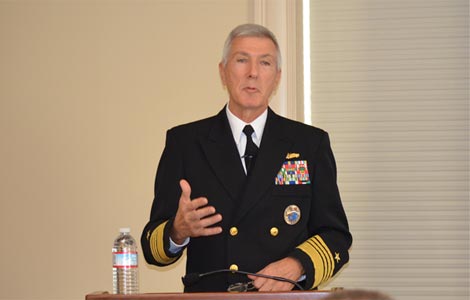
 The future of the Asian Pacific
The future of the Asian Pacific
 Early start to family life
Early start to family life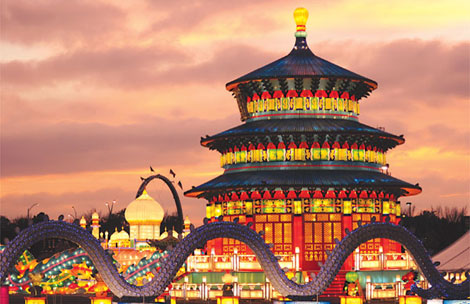
 Chinese lantern festival is coming to California
Chinese lantern festival is coming to California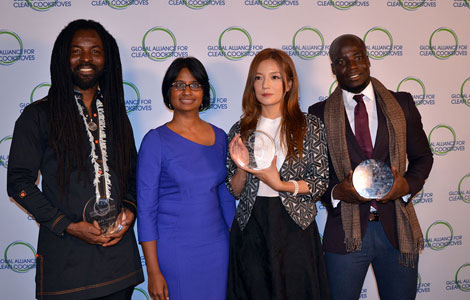
 Across America over the week (Nov 14- Nov 20)
Across America over the week (Nov 14- Nov 20)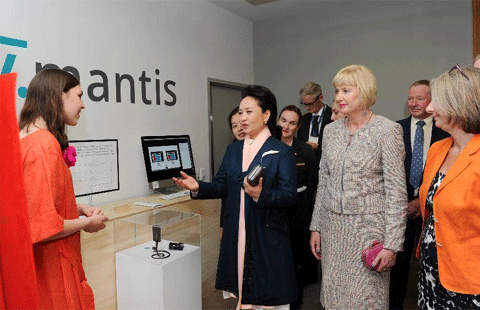
 Peng Liyuan visits Massey University in Wellington, New Zealand
Peng Liyuan visits Massey University in Wellington, New Zealand
Most Viewed
Editor's Picks

|

|

|
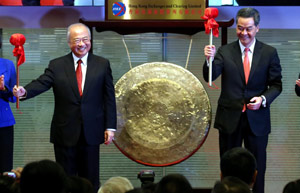
|

|

|
Today's Top News
China's interest rates cut to bolster growth
Banner year for US, NYC real estate investment: Panel
Obama takes executive action on immigration
China's central bank cuts interest rates
Chinese lantern festival is coming to California
Cookstove technology key in fighting pollution
Chinese supercomputer still top-ranked
Pessimism over US Congress on IMF reforms
US Weekly

|

|







